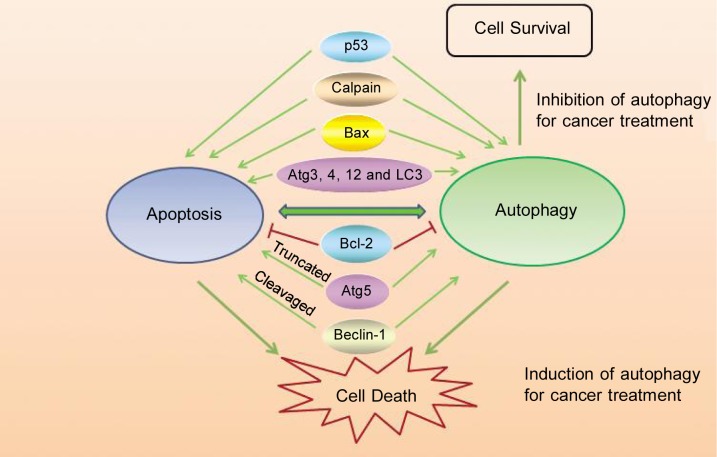Figure 1. Interrelationship between autophagy and apoptosis.
A number of molecules can affect both autophagy and apoptosis, and these molecules may act as switches between both cellular processes. Activation of the tumor suppressor p53 not only triggers apoptosis, but also may stimulate autophagy in a transcription-dependent fashion by activating the expression of the autophagy-inducing genes. Calpains, a family of Ca2+-dependent cysteine proteases, are activated by several stimuli to trigger both apoptosis and autophagy. The Bcl-2 family anti-apoptotic proteins can interact with Beclin-1, thereby inhibiting Beclin-1 -dependent autophagy; however, pro-apoptotic proteins disrupt the association between Beclin-1 and Bcl-2 and induce autophagy. Autophagy-related genes (Atgs), such as Atg3, Atg4, Atg12, and Atg8, have been reported to activate apoptosis by regulating specific signaling pathways. Truncated Atg5 activates apoptosis by interacting with Bcl-xL. When cleaved by caspase-3, Beclin-1 loses its ability to promote autophagy but renders cells sensitive to apoptosis. Because autophagy can, paradoxically, promote cell survival or death, both autophagy-enhancing and -inhibiting agents may elicit beneficial effects in cancer treatment.

